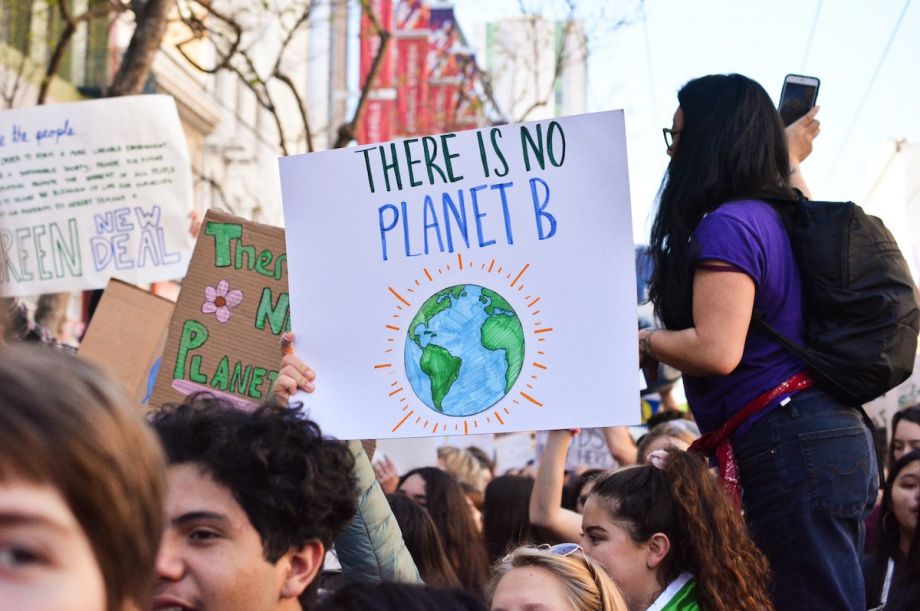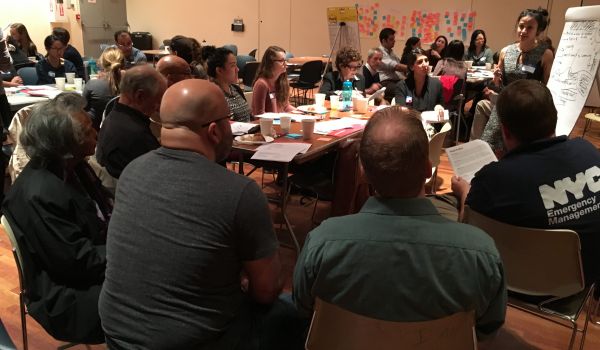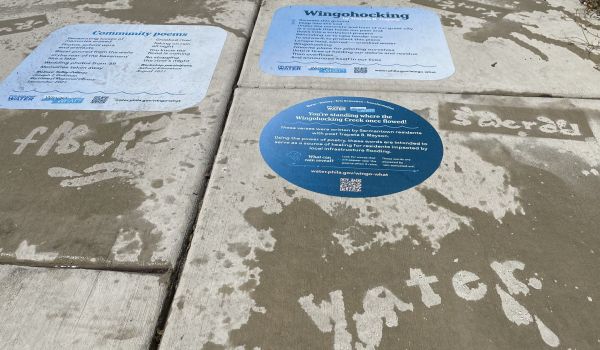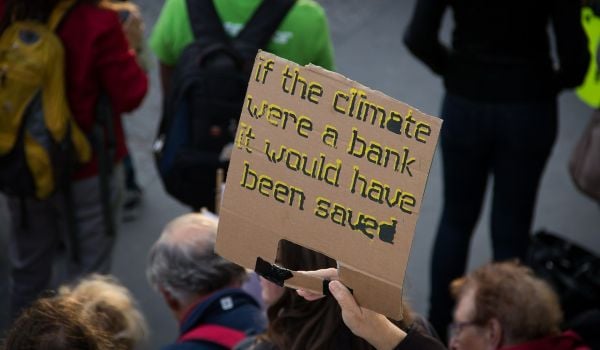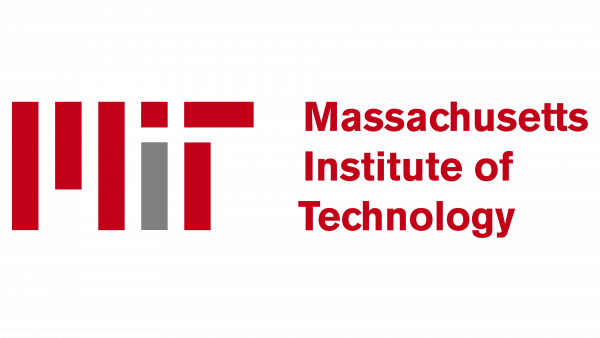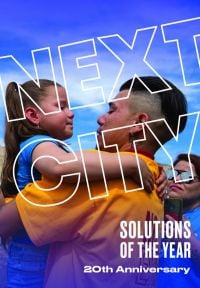To many of us, thinking about climate change brings about existential dread, panic, or even climate anxiety. The largest ever U.N. climate change conference of the parties, COP 28, will occur this week — and many of us are hoping against hope that the world’s leaders come up with a solution for us all.
Climate change, though, is hyperlocal. So, too, are many of the solutions. And cities are tackling climate change with an inspiring vigor that, alongside global leadership, could help to reduce emissions and foster a healthier planet. Ordinary people have been at the heart of these local movements.
Among these solutions are citizens’ assemblies, which bring together a randomly selected group of people in a community to deliberate on a societal challenge and identify policy solutions. Often, these assemblies result in tangible recommendations or binding policy directives that advance climate solutions in communities.
During COP26, social activists, practitioners and academics organized the first Global Citizens’ Assembly “co-designed with communities, institutions, scientists, citizens, and social movements from around the world and built entirely from the ground up.” And these assemblies are spreading in cities across the globe.
In 2022, Brussels launched a permanent citizens’ assembly on climate. Each year, 100 randomly selected citizens will discuss and make recommendations on a particular part of Brussels’ climate policy. Ireland, which organized one of the first climate assemblies back in 2017, hosted a citizens’ assembly this year that produced 150 recommendations on biodiversity loss. And most famously, Paris hosted a citizens’ assembly on climate from 2019-2022 to make recommendations on achieving “a minimum reduction of 40% in greenhouse gas emissions by 2030, in a spirit of social justice”.
Though these climate assemblies are blossoming in European cities, they are beginning to make their way toward America, too. Washington state hosted a climate assembly in 2021; the assembly members’ recommendations helped inform the state legislature’s climate agenda that year. It was the first assembly of its kind here in the United States. Other domestic organizations are calling for similar citizens’ assemblies because climate “won’t wait for ‘politics as usual.’”
When communities feel like they have a voice at the table, they will be more likely to engage and sustain their participation. Local climate solutions allow people to leverage their hyperlocal expertise in communities and have co-ownership over solutions. And hyperlocal investments are working to modify people’s behavior and engagement on climate issues.
For example, a new Los Angeles initiative funded by the Transformative Climate Communities demonstrates that participatory mechanisms to empower individuals with cleaner options pay dividends. In one project, 300 residents received energy efficiency upgrades including smart thermostats and LED lighting, reducing greenhouse gas emissions and energy bills. The community also planted 2,250 trees, and volunteers delivered 261 thousand pounds of fresh food to nearly ten thousand residents, eliminating food waste that would have otherwise ended up in landfills.
Other smart investments are facilitating hyper-local climate-forward initiatives. In 2018, Bloomberg Philanthropies launched the American Cities Climate Challenge, which supports 25 U.S. mayors to scale and implement climate solutions. With cities like Portland, St. Louis, and Cincinnati participating, Bloomberg Philanthropies projects that CO2 emissions will be reduced by 74 million metric tons from 2020 through 2030 as “compared to a business-as-usual scenario.”
Hyper-local projects are helping make traditionally under-reserved areas more livable, too. Groundwork USA supports community-based partnerships to promote economic opportunity, youth leadership and advance equity. They are working in Yonkers, New York, to co-create solutions such as building rain gardens to combat flooding and installing water-directing bioswales in municipal housing. Groundwork Hudson Valley even received over $5 million from the U.S. Department of Agriculture to fund an urban forestry and climate resilience technical career pathway program for high school students. Many other sites in the Groundwork USA network, from Milwaukee to Kansas City to San Diego, engage high school students as co-creators and local problem solvers.
All these examples share a common thread: We need to engage young people, traditionally underserved, and under-resourced residents front and center to combat climate change. Cities will continue to be crucial to understanding the climate crisis and for moving equitable, participatory solutions to the forefront.
Dr. Hollie Russon Gilman is a Senior Fellow at New America's Political Reform Program and an Affiliate Fellow at Harvard's Ash Center. She is the author of “Democracy Reinvented: Participatory Budgeting and Civic Innovation in America” and most recently co-author of “Civic Power: Rebuilding American Democracy in an Era of Crisis.“ She served as Open Government and Innovation Advisor in the White House Office of Science and Technology Policy.
Amy Eisenstein is a juris doctor and master in public policy joint-degree candidate at Harvard Law School and Harvard Kennedy School and a political reform consultant with New America.

